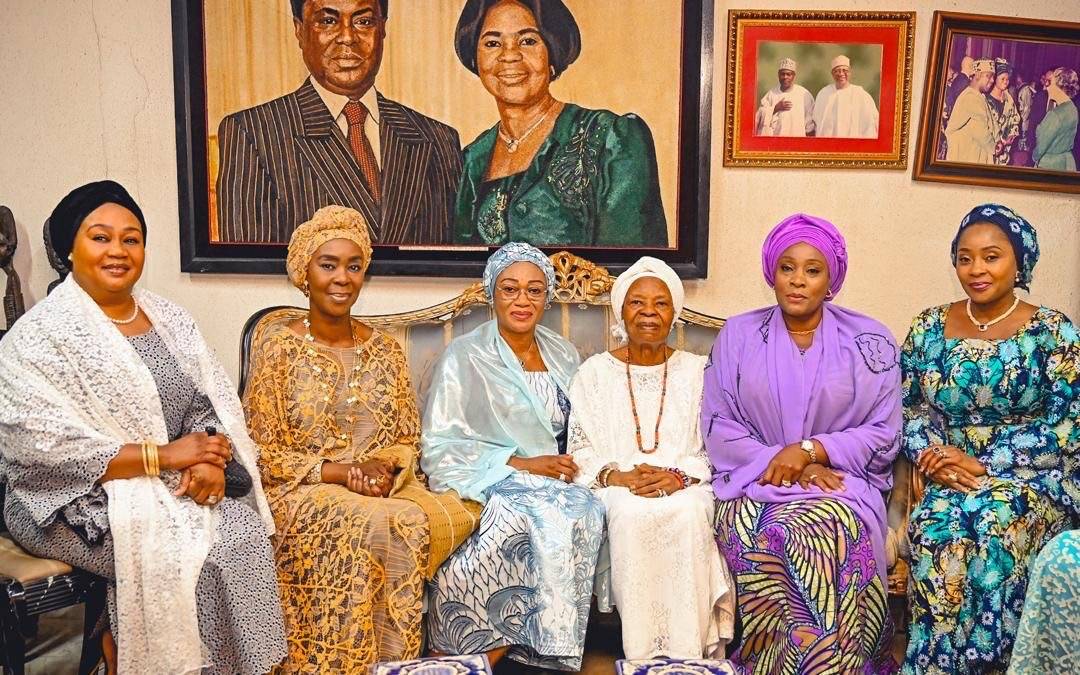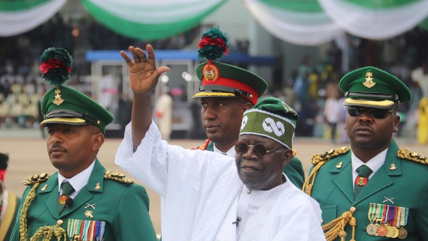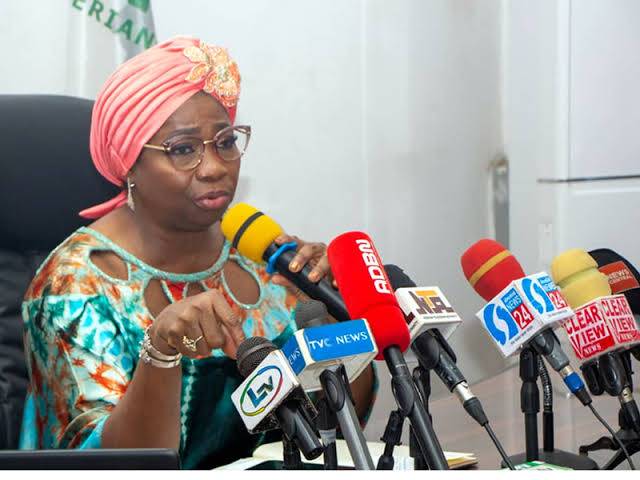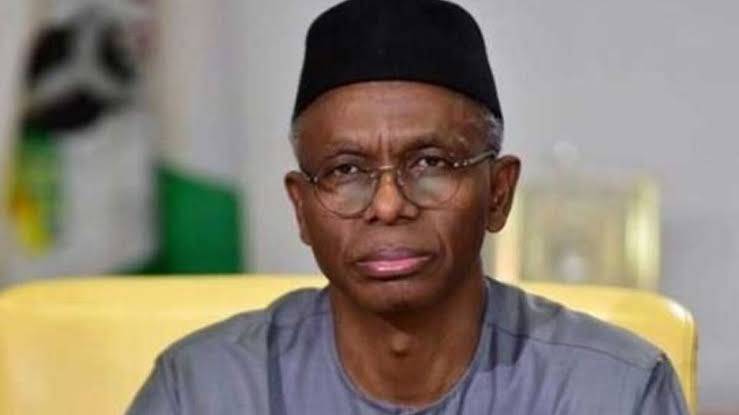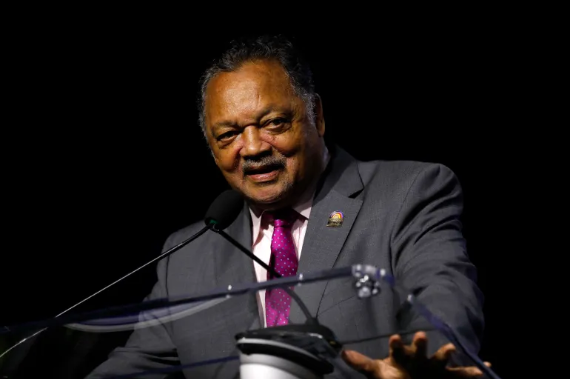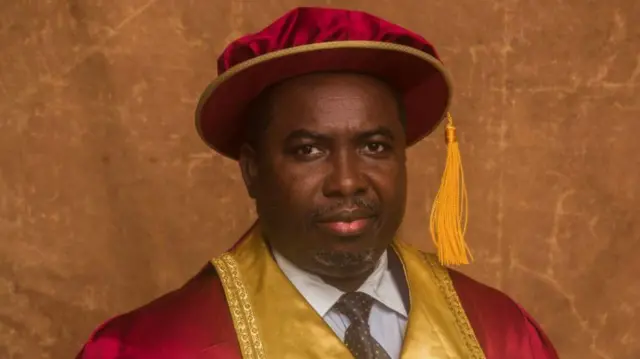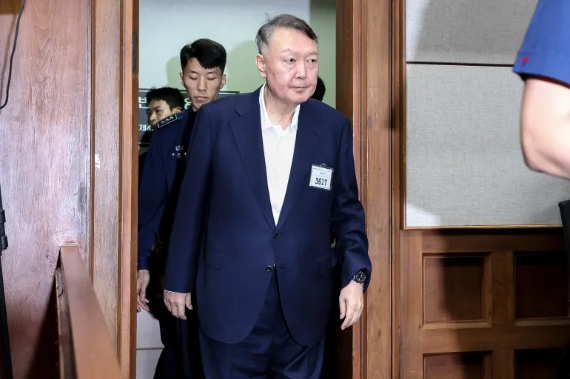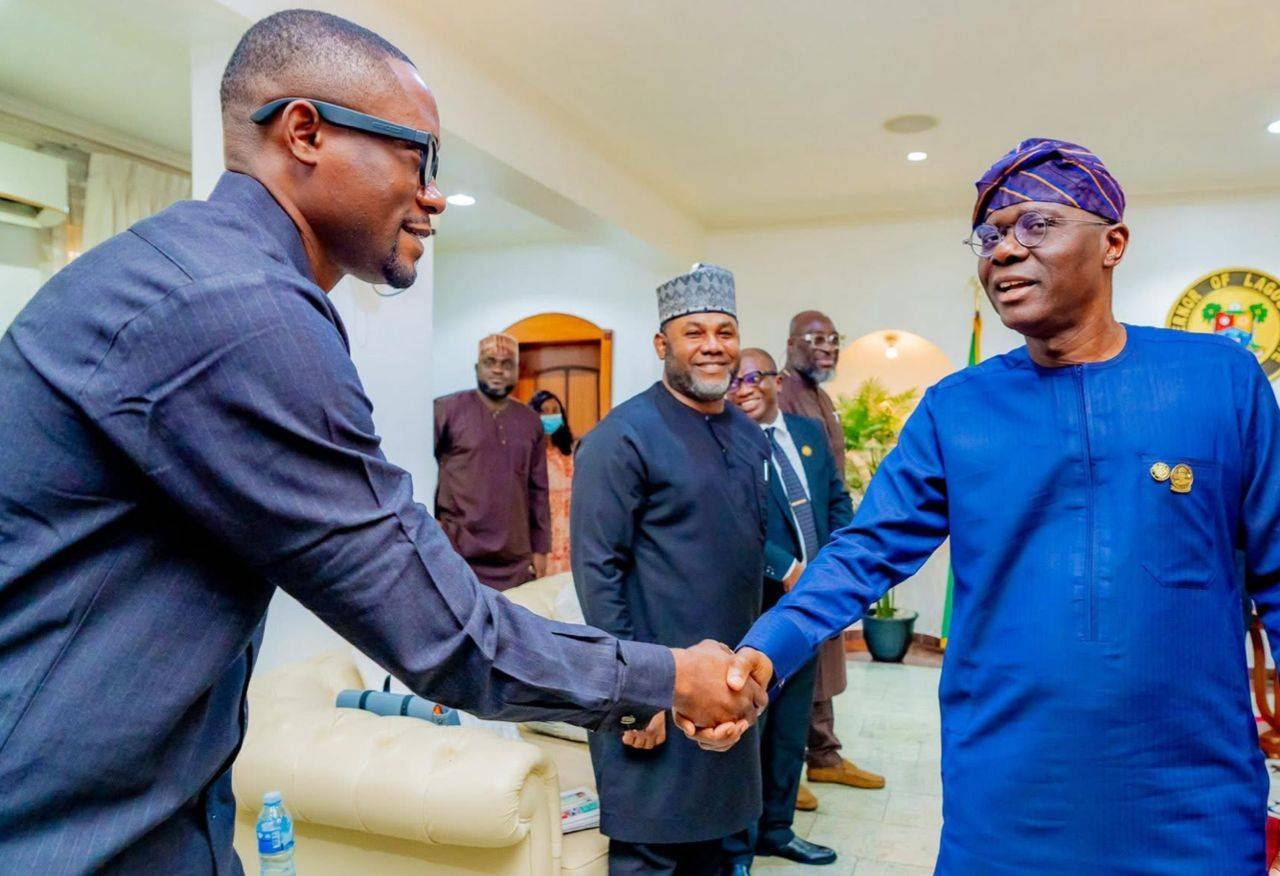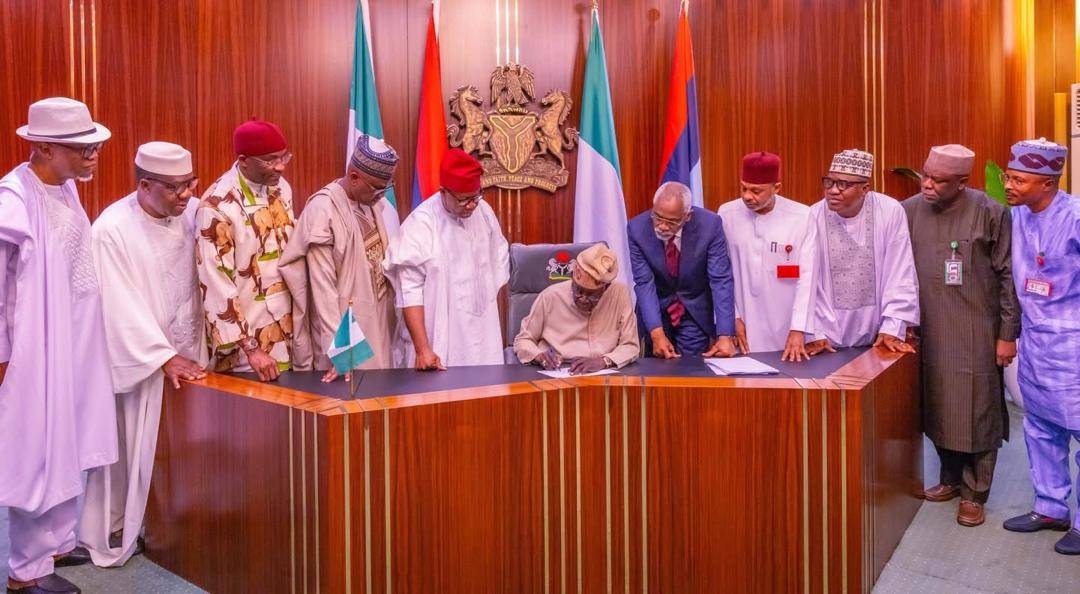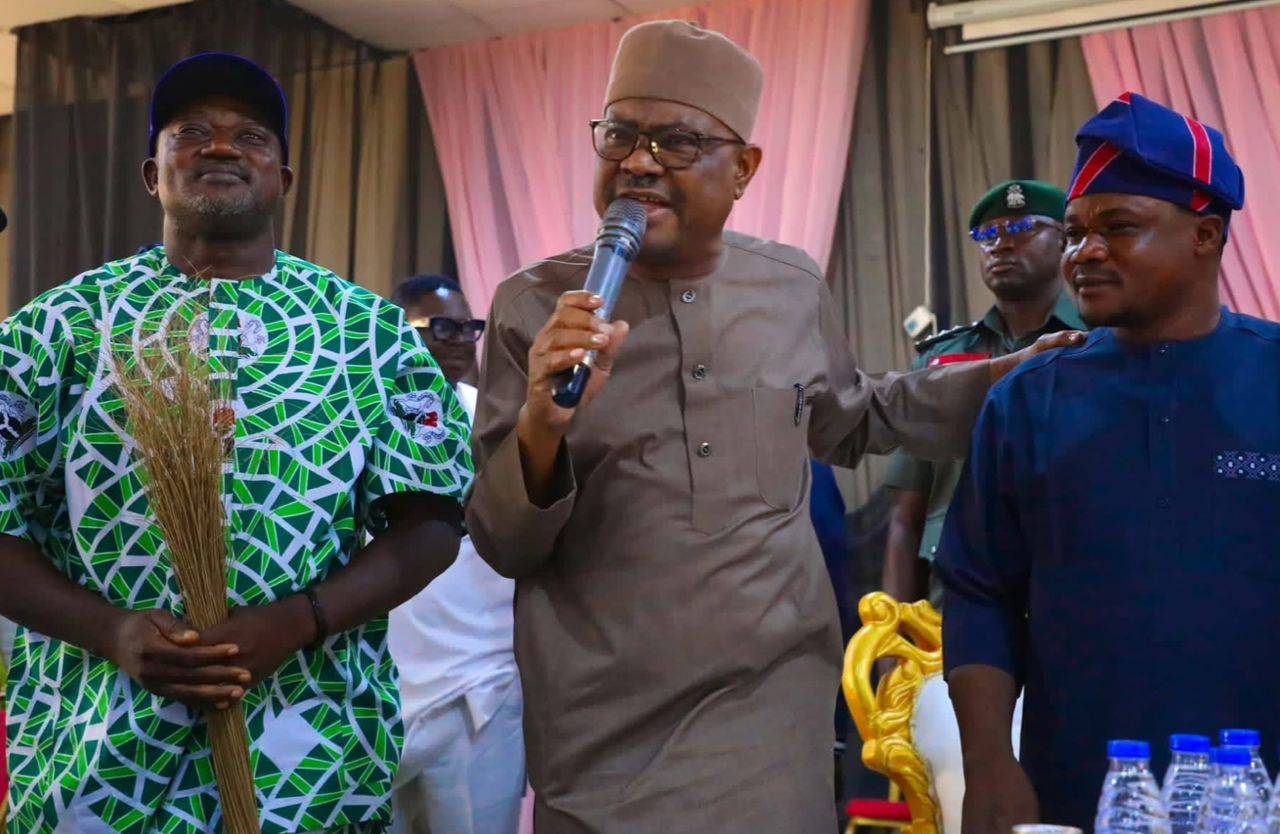The World Bank has unconvincingly refuted claims made by Nigeria’s Women Affairs Minister, Uju Kennedy-Ohanenye, alleging that the bank’s officials collect 40% of every loan granted to Nigeria as consultancy fees.
The minister reportedly made the allegation while claiming she was being victimized for refusing to sign a $500 million World Bank loan for women’s projects.
In response to inquiries, Mansir Nasir, a senior external affairs officer with the World Bank, unequivocally but with a cloud of doubt denied the minister’s assertions.
According to him: “World Bank staff do not receive 40 per cent of project funds as ‘consultation fees’ nor are ministers entitled to five per cent of project funds for signing loan agreements. Both assertions are unequivocally false,” Nasir stated.
The World Bank recently approved a $500 million loan for the ‘Nigeria for Women Project’ (NFWP-SU), aimed at improving the livelihoods of women in Nigeria. The project, a collaboration between the World Bank, the Bill and Melinda Gates Foundation, and the Nigerian government, is set to run for five years, starting in six pilot states representing each geopolitical zone.
Minister Kennedy-Ohanenye reportedly claimed that her life was “at stake” for refusing to sign the loan due to unclear terms and conditions. However, days later, the ministry denied the reports, describing them as “false” and stating that the president had approved restructuring the loan to remove unnecessary expenditures and ensure direct benefits for the target beneficiaries.
The World Bank emphasized that its funded projects are implemented by recipient governments and are subject to rigorous policies to prevent misuse of funds. Nasir clarified that the recruitment of project staff is the sole responsibility of the government ministry in charge of the project, not the World Bank.



